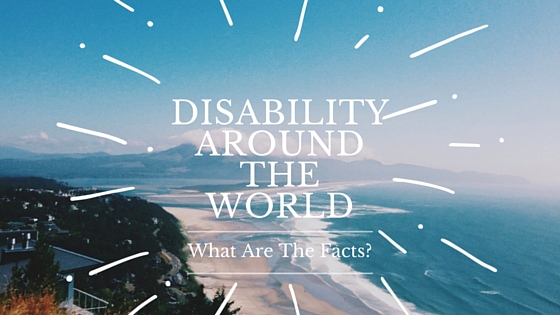What is the prevalence of Autism in Africa? With autism in the US reaching 1 in 68 (1 in 42 boys and 1 in 189 girls), you may wonder if this is an American phenomenon, or if other countries have seen a similar rise in the disorder.
Unfortunately, there is not a lot of up-to-date information about autism on the continent of Africa. Africa holds 54 countries and one member state, and is the second largest and second most populous continent on earth. Access to technology and health care among the countries varies greatly, so accurate statistics are difficult to collect.
In 1978, Victor Lotter published an article in The Journal of Child Psychology and Psychiatry. He examined a small sample of children from 6 different countries. These children had already been determined to have mental illness. Among these children, he found that the rate of those that met the diagnostic criteria for autism was 1 in 145.(Keep in mind this is 1 in 145 children that have already been diagnosed with mental illness. The US rate is now 1 in 68 of the general population.)
The problems with this study are many. It is very old. The US had a similar rate of autism thirty years ago. There have been no recent studies to show if the rate has risen, as it has here in the United States. There is also no knowledge of how many undiscovered children with autism there were in 1978. Many children on the continent of Africa would not have had access to the health care facilities Lotter visited, and may have been hidden away in more remote villages, or treated by local traditional healers.
Of the children that were confirmed to have autism, we don’t know what kind of treatments and therapies, if any, they were given. The only thing we do know is that they were more likely to be non-verbal. Whether this was because the non-verbal children were more likely to be found in the facilities Lotter visited, or because the children had received no early intervention therapies to address language development is unknown.
As health care and technology improves in Africa, maybe we will one day have better answers to these questions, but for now, it seems the truth is unknown.

